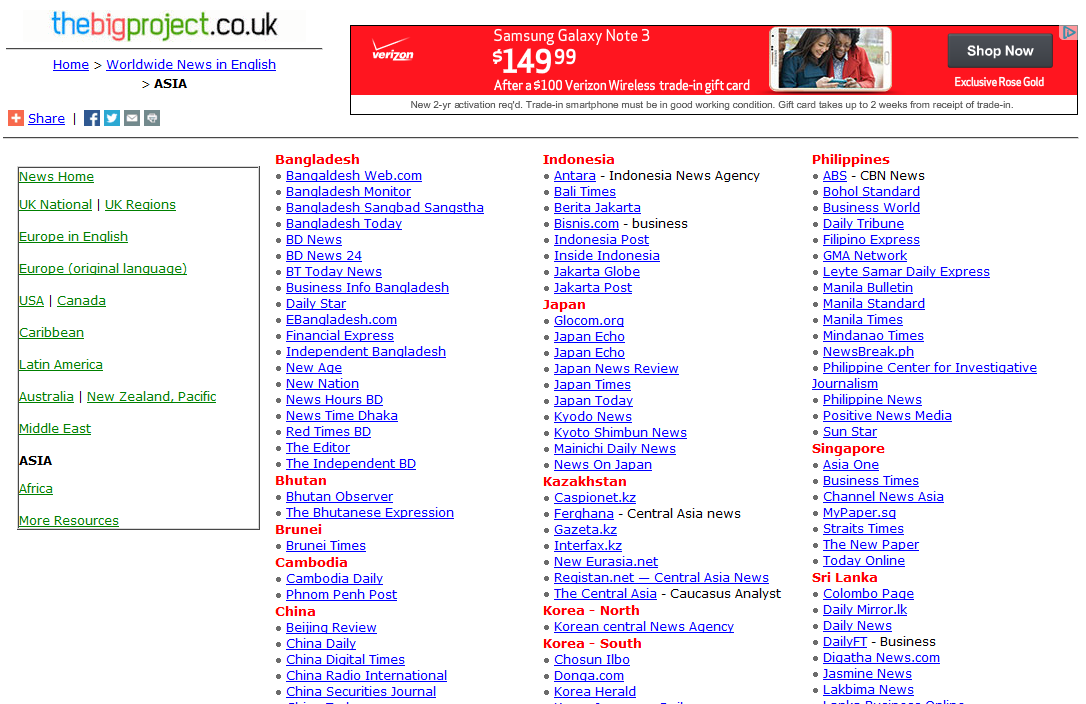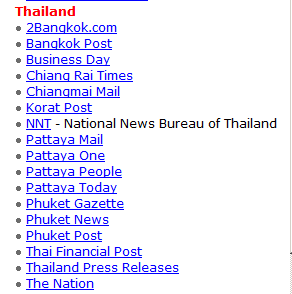Bing, Google, Yahoo, and dozens of other US-centric services provide news to millions of Web users.
The shift from desktop computers to mobile devices has forced changes upon the online news providers. The headlines and text of the old-school news Web sites has given way to flashy new services. These range from Flipboard, Pulse, and now the social media giant Facebook.
The presentation of information is bite-sized and colorful like Skittles. Perfect for the on-the-run, super busy commuter trapped in a 101 jam or an ice storm in Atlanta.
But what if a different perspective is needed? What if there is news from a central European company with business ties to Ukraine? What if a business person is planning a trip to India? Will a zippy, frequently updated app deliver the goods?
Let me highlight several news services my team at www.deeperqi.com have found to be helpful.
The first is EUFeeds.eu (http://www.eufeeds.eu), a service of the European Journalism Centre. The RSS aggregation updates every 20 minutes. A user picks the flag of one of the 28 countries in which he or she is interested. The screen then displays the publications and the recent headlines from that country. If you don’t know the flag of the country, you have to mouse around and read the pop up label. I would prefer a text list. The headlines for Bulgaria (http://www.eufeeds.eu/bg) appear in the screenshot below:
At the right of the flag graphics is an EU flag. A click displays European Union publications and their headlines; for example, the European Voice:
The small icons shown in the European Voice headlines, provide access to different functions. The most useful is a direct link to the source publication’s Web site. The service can be sluggish at times, and as recently as January 28, 2014, the system was not available for 48 hours.
The second service is a European news aggregation service produced by the EU’s Joint Research Center called EMM (http://emm.newsbrief.eu/
In addition, the display highlights a country that is in the news and provides one click access to a collection of stories about a particular country. The screenshot shows the stories for Afghanistan on January 31, 2014:
The site provides one-click access to an Android and Apple iOS apps. I ran test queries for individuals known to be involved with the Russian criminal organizations and found little useful information. However, for one-click access to clusters of news, the service is useful. These clusters are displayed on the left side of the interface in the “Themes” (http://emm.newsbrief.eu/
A click on the plus sign expands the categories.
These two services do a good job covering Europe. If you want to keep up with news in Asia, neither of these Euro-centric services are of much help. The DeeperQI team has found that The Big Project, operating out of the United Kingdom, is more useful.
Navigate to Big Project Asia (http://www.thebigproject.co.
Select a country, in this example I choose Thailand.
A click on Business Day provides me with the English language publication “Online News: Business Day.” Note that many of the publications have erratic publishing schedules and offer non-English content.
Several observations are warranted:
First, spending a half hour exploring content on these three services makes it clear that information readily available in the US is quite selective. Some might say limited. Investigating a story using non-US sources provides useful information, particularly details that are chopped from publicly-available sources due to space limitations or editorial whim.
Second, sources come and go. The economics of news aggregation put many of these services on an uneven footing. Copyright may explain why some sources disappear without warning. A growing number of publications whose content is aggregated want to charge an access fee or impose a limit on the number of stories a person can view before the taxi meter pricing clicks in.
Third, accuracy varies. Scanning high profile stories and looking at the presentation of the “facts” often provides quite different views on some subjects. As always, trust but verify.
To get more online research and investigative tips, visit www.deeperqi.com.

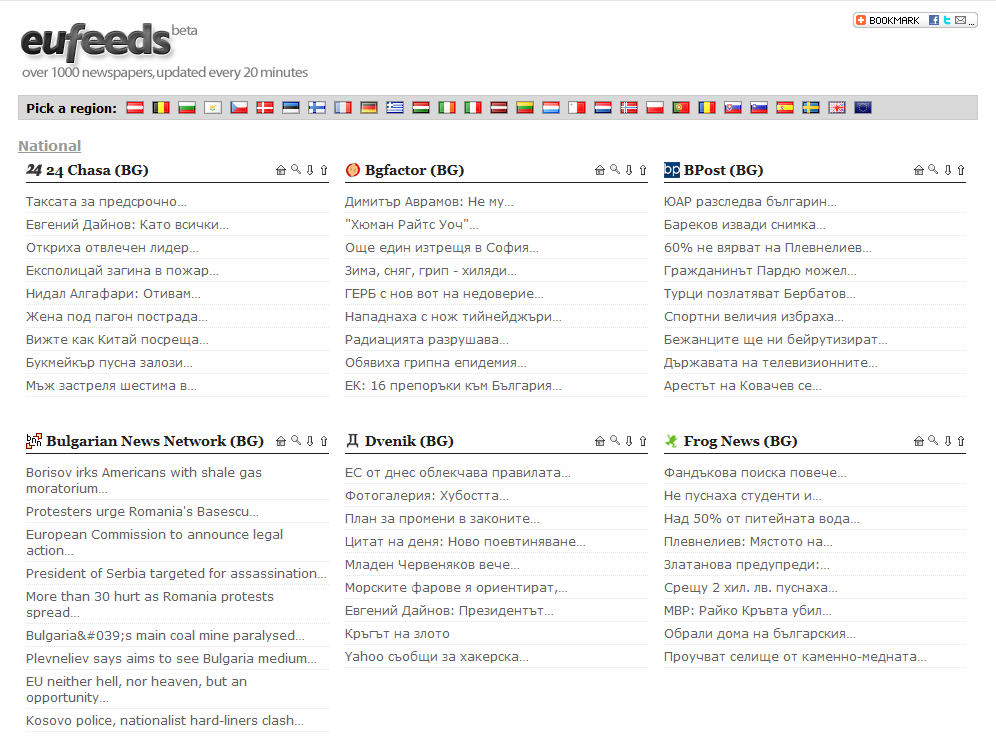

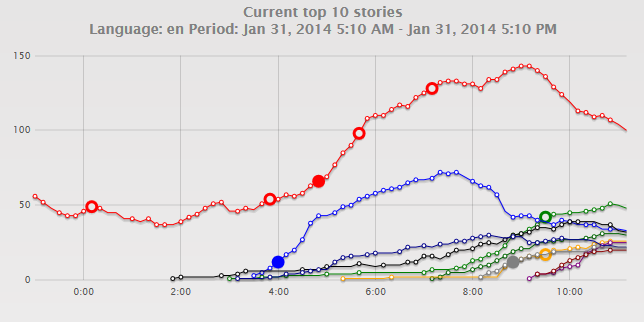
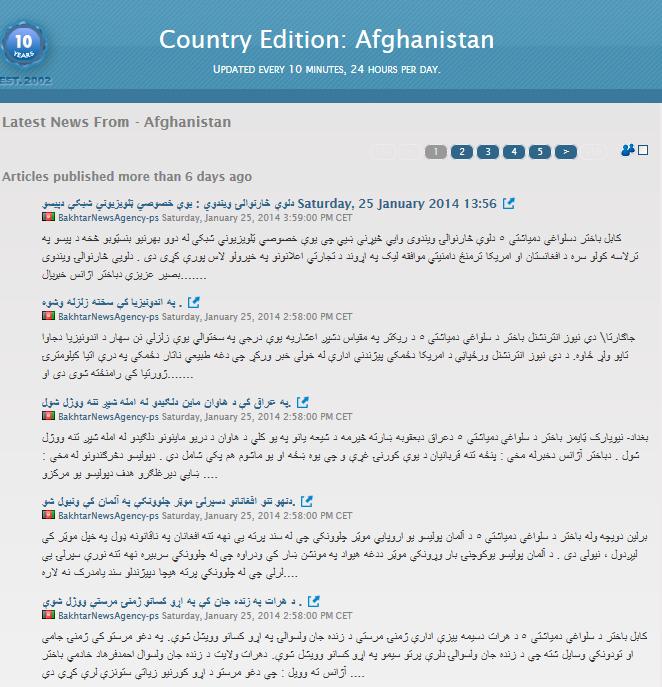
![image[14]](../../wp-content/uploads/2014/02/image14.png)
